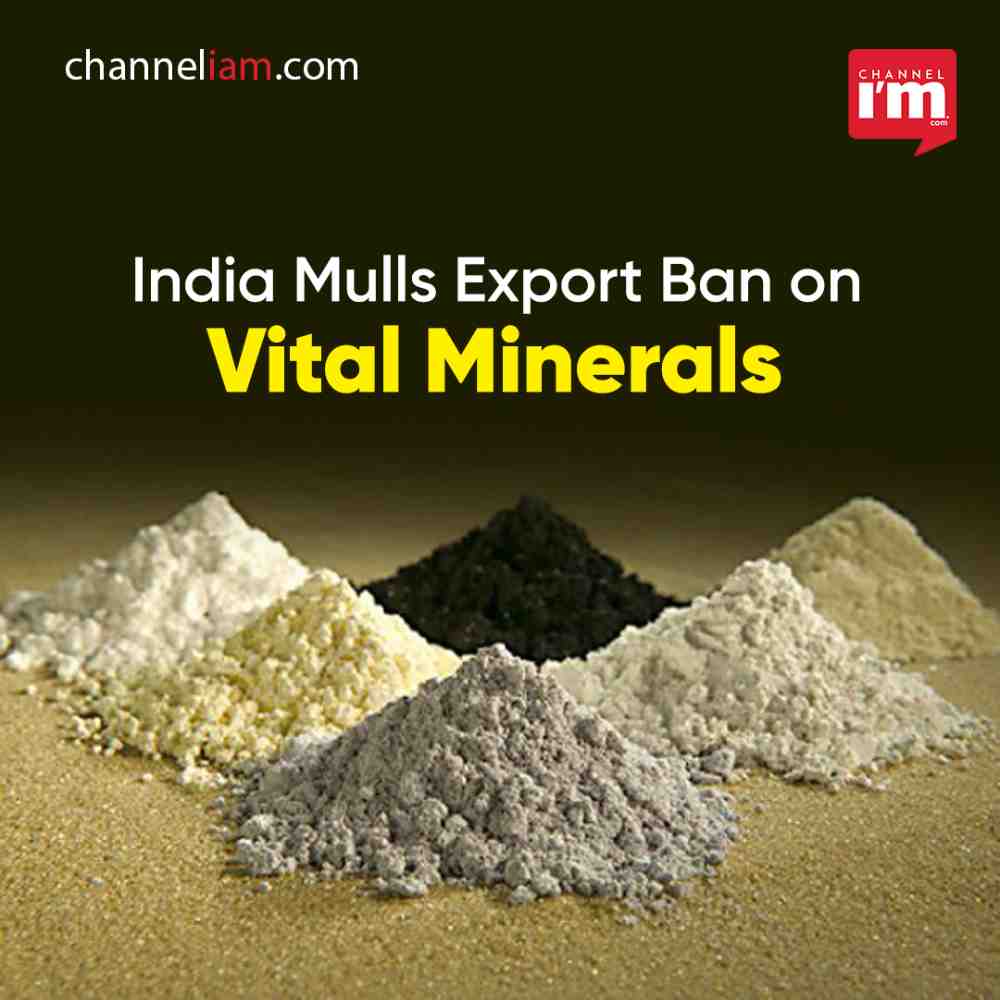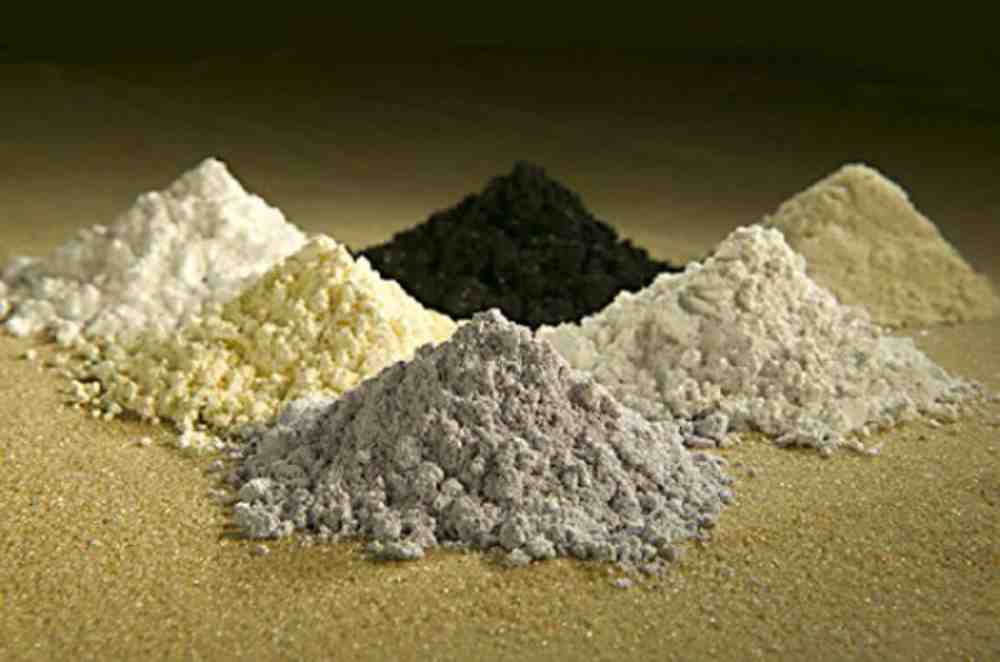In a calculated move to bolster India’s self-reliance in critical minerals pivotal to defense, aerospace, and battery storage industries, the government is contemplating imposing an export embargo on four key metals: lithium (Li), beryllium (Be), niobium (Nb), and tantalum (Ta).

National Security and Technological Progress: The Rationale Behind the Export Ban
A senior government official stated that the proposed ban stems from the imperative to fuel sectors of paramount importance to national security and technological advancements. These minerals, integral to India’s strategic aspirations, are now under the scrutiny of policymakers.
A Shift in Resource Management: Auction of Lithium Reserves
This deliberation follows the government’s earlier decision to finalize the auction process for the significant lithium reserves, approximately 5.9 million tonnes, unearthed in the Reasi district of Jammu & Kashmir (J&K). The auction’s roadmap for these reserves is expected to be unveiled by the end of this month, with the goal of concluding the auction by the year’s end.
Government’s Response to Concerns: Prohibition on Export of Domestically Mined Metals
In light of concerns raised by the Department of Atomic Energy (DAE) regarding the export of domestically extracted atomic minerals by private entities, the Ministry of Mines has taken the initiative to restrict the export of the mentioned minerals. The policy change is slated to be formally conveyed to the Directorate General of Foreign Trade (DGFT).

Indigenous Mining and Policy Dynamics: Ban’s Scope
While the majority of India’s reliance on these minerals is currently met through imports, some processed forms of these minerals are exported. The specific details regarding whether the export of processed minerals will be subject to the ban or not are yet to be finalized. The Ministry of Commerce and Industry will play a pivotal role in shaping this aspect of the policy.
Legislative Progress: Mines and Minerals (Development and Regulation) Amendment Bill, 2023
The timing of this decision coincides with a significant legislative development — the approval of the Mines and Minerals (Development and Regulation) Amendment Bill, 2023. This transformative legislation paves the way for private corporations to engage in exploration and extraction activities involving 29 rare earth and critical minerals.
Tapping into Exploration Potential: Private Mining of Atomic Minerals
The amendment, which secured parliamentary approval on August 2, marks a watershed moment as it allows private entities to undertake exploration and extraction of six atomic minerals, including Li, Be, Nb, and Ta. This provision opens up new avenues for resource exploration within the private sector.
Tackling Resource Inflow and Fostering Domestic Supply Chains
With India’s growing emphasis on clean energy technologies to meet carbon emission reduction commitments, the demand for these minerals has surged, leading to substantial outflows from foreign exchange reserves. The proposed export ban is envisioned as a measure to establish a robust domestic supply chain, thus minimizing external dependencies.
Global Significance: Critical Minerals on the International Stage
Beyond India’s borders, these minerals hold critical status in major global economies. Li and Nb are classified as critical in countries like Australia, the US, Canada, Japan, and South Korea. Similarly, Be is designated as critical in all these nations except Canada and the US. Meanwhile, Tantalum, although not included in the US’ critical minerals list, remains a vital resource.
Navigating Criticality: Parameters and Implications
Criticality assessments of minerals vary among nations, hinging on factors such as economic development, security considerations, and technological advancements. In India, the “Critical Minerals for India” report, released in June, underlined the high economic importance and supply risk associated with Li, Be, and Nb, while Ta primarily posed a high supply risk.
Current Supply Chains: Imports from Diverse Sources
Presently, India imports these minerals from a range of countries, including Russia, China, Australia, Belgium, South Africa, as well as the US and the UK. The global network of mineral suppliers underscores the global nature of resource interdependence.
Beyond Specific Industries: Versatility in Application
The significance of these minerals extends beyond the realms of defense, aerospace, and battery storage. Their utility permeates diverse sectors such as automotive electronics, telecommunications infrastructure, consumer electronics, energy applications, and semiconductor manufacturing.
As India contemplates this export ban, it navigates the intricate tapestry of strategic resource management, carving a path towards greater self-sufficiency and resilience in the face of evolving global dynamics.
